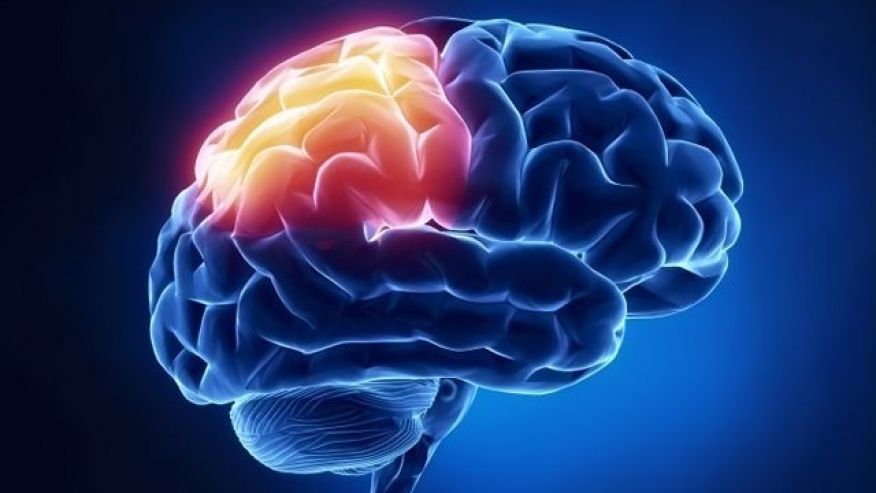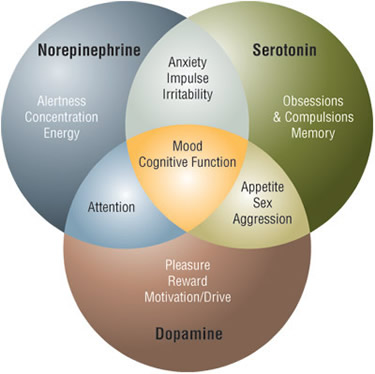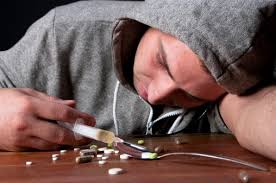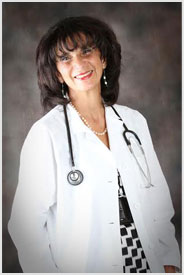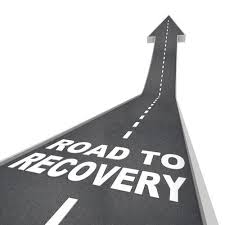Dual diagnosis treatment solutions

Dual diagnosis treatment solutions is very critical and must be done professionally
Dual diagnosis treatment solutions: Mental health and drug addiction
Over the past, we have repeatedly addressed the difficulties addicts encounter during treatment. And if this is to be added to mental health problems, you can imagine how complicated that can be. For sure dual diagnosis treatment is very complicated and for it to be properly addressed, doctor Dalal Akoury MD, President, and founder of AWAREmed health and wellness resource center says that it will be very important to first address any life-threatening complications that are associated with intoxication. Like for instance, the following conditions may require immediate medical care in the confinement of a health facility:
- Extreme cases of alcohol intoxication may prompt medical treatment and can result in death if not arrested in good time.
- Use of amphetamines, crack, cocaine and other drugs can result in heart complications like arrhythmias, heart attacks, stroke and even death.
- Use of benzodiazepines (e.g. diazepam, clonazepam), opiates (e.g., oxycodone, oxycontin) and other downers can result in extreme sedation and potentially death in overdose.
Dual diagnosis treatment solutions: Substance abuse withdrawal
Drug and alcohol withdrawal can lead to medical emergencies requiring immediate treatment. This can occur when a person who has been regularly using a particular substance has become addicted to that substance (the body has become physically dependent on the substance) and abruptly stops using. The following may necessitate immediate medical care in the hospital setting:
- Alcohol withdrawal can result in heart problems (e.g., arrhythmias), seizures or delirium tremens (an acute delirious state), all which can be potentially fatal.
- Benzodiazepine withdrawal can result in tremors (shakes), seizures and potentially death.
- Under normal circumstances, opiate withdrawal is not considered to be life-threatening but it can be a very traumatic and painful experience.
People who are struggling with drug addiction and alcohol should seek for help through processes like inpatient detoxification either by admission to a hospital or a detoxification facility where appropriate medications can be done professionally. Studies have established that psychiatric treatments are effective in individuals who are not actively abusing drugs and alcohol meaning that with this, total healing from substance abuse must be achieved and once this is done treating all the underlying mental illness may be more successful. It is important to note that mental illness treatment is more effective when the patient is sober though it can still be done along detoxification process. And for a lasting solution over this, scheduling an appointment with doctor Akoury should be your starting point.
Finally, why should you choose on doctor Akoury? We are encouraged by her commitment to ensuring professional delivery at all cost. Because of this, she established this facility to primarily help in the transformation of every individual’s life through increasing awareness about health and wellness and by empowering individuals to find their own inner healing power. Besides that, it will interest you to note that doctor Akoury’s practice focuses on personalized medicine through healthy lifestyle choices that deal with primary prevention and underlying causes instead of patching up symptoms making the right professional for you.
Dual diagnosis treatment solutions: Mental health and drug addiction
http://www.awaremednetwork.com/

